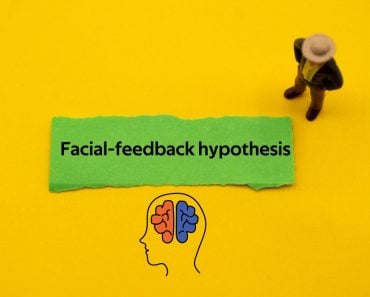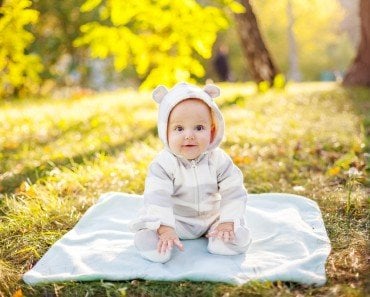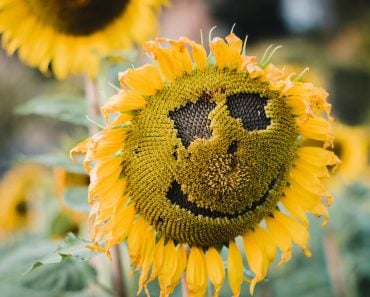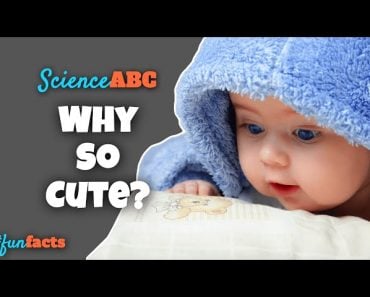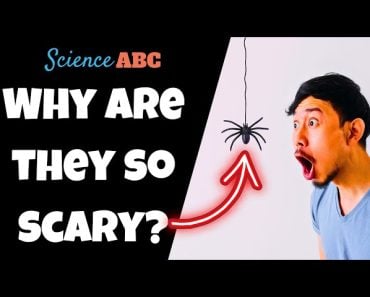Table of Contents (click to expand)
According to Darwin, we raise our eyebrows when we’re surprised so that we can see better, but was he right?
One day, as I sat daydreaming, my brain surprised me with a sudden question—”Why do we raise our eyebrows when we’re surprised?” The many depictions of surprise always seem to show three characteristics — raised eyebrows, widened eyes, and a dropped jaw (open mouth). I react with similar expressions when surprised, either by a fact that changed my perspective of the world, or when my friends surprised me on my birthday!
When I dug around for answers, I realized that raised eyebrows, or any other change in your expression, isn’t a universal response to surprise. However, according to numerous depictions, we’ve clearly associated raise eyebrows with surprise.
So, why do we raise our eyebrows when surprised?
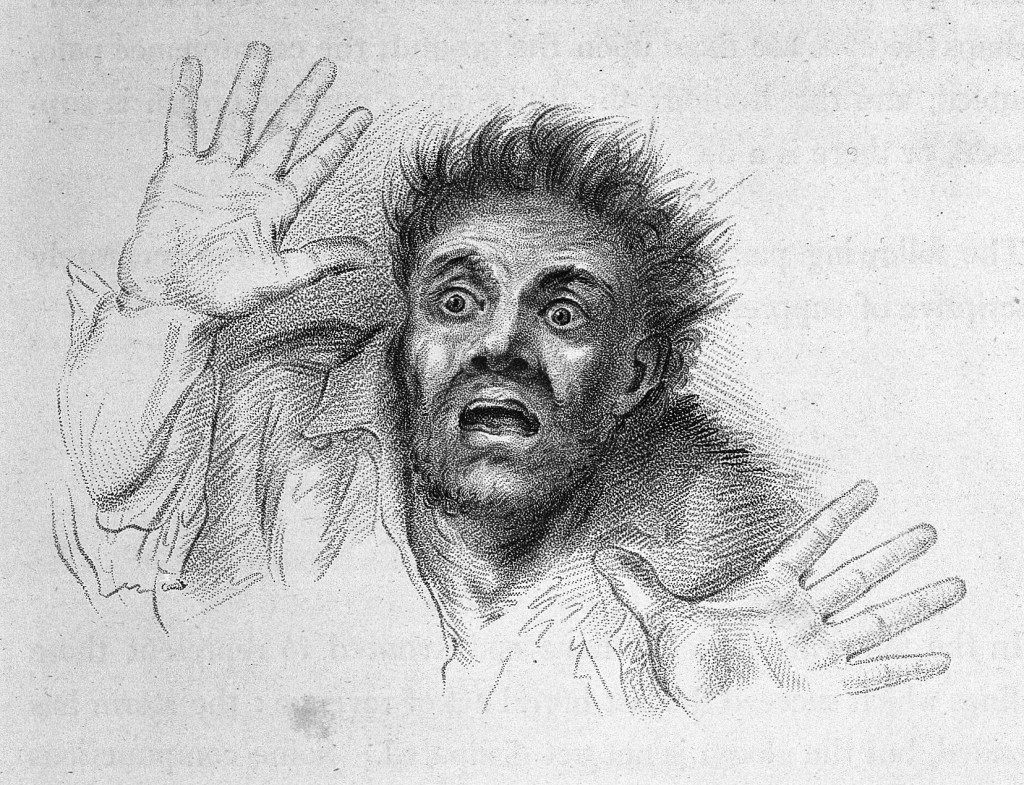
Recommended Video for you:
How We Get Surprised
The element of surprise sits squarely between the element of wonder and the element of curiosity. From our earliest ages, we respond to novel and unexpected things. A sense of surprise is nothing but a reaction to the unexpected, and/or novel. Why and how the unexpected brings about the emotion of surprise is, unsurprisingly, a vast landscape of research.
Our experiences shape our belief systems about the world and our place within it, what psychologists call schema. We form our schemas from past and present experiences, and based on them, we predict—not wholly consciously—what might or might not happen in the next instance or a year from now.
If you’ve never received a surprise birthday party, or any indication that surprise birthday parties might even be a possibility, your brain eliminates that possibility.
So, when a surprise birthday party does happen, and you see your friends and family standing there with a cake and streamers, it will come as a surprise. Your schema couldn’t predict this.
The amount of your surprise is going to depend on how unexpected the event is. The more unexpected, the more surprise you feel.
The Surprise Mechanism And Evolution
The “surprise” awakens a jolt of curiosity within us—the brain itching to analyze the unexpected. With curiosity, we learn. We divert all our attention toward the event, hijacking other mental processes, such as worrying about work or daydreaming, to do so.
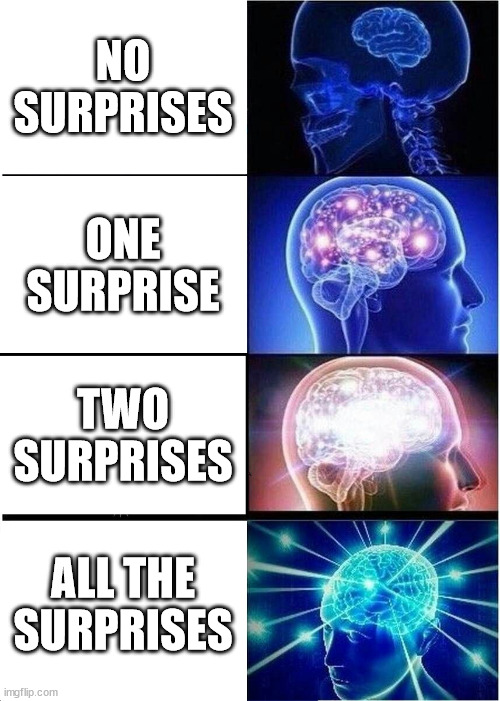
Our focus on an unexpected thing makes evolutionary sense. The unexpected event could be a danger we’ve never encountered, or we encounter an opportunity that might help us with survival. The surprise helps us build upon our world experience. Once someone has thrown a birthday party for you, your brain integrates that into your schema. Now, if someone throws another surprise party for you, you’re likely to be less surprised than you were the first time.
Your head moves in the direction of the surprise and all your sense go into high alert. We focus so wholly on the surprise (a loud bang in the corner of the room) that our brain momentarily becomes blind to other stimulus.
Coupled with our mental exploration are our facial expressions, which bring us to the eyebrow raise…
Facial Expression Of Surprise
According to the most famous evolutionary biologist of all time, Charles Darwin, we raise our eyebrows and widen our eyes in order to see better. It widens our field of vision, which would allow us to perceive the “surprise” better. This, Darwin and many after him have postulated, helped our evolutionary ancestors perceive danger better, increasing their chances of survival.
Later evolutionary biologists and psychologists have investigated Darwin’s hypothesis. Surprisingly (or unsurprisingly for some), researchers have come up with a mixed bag of answers.
Most people, it turns out, don’t significantly change their expression when surprised. The characteristic eyebrow raise, widened eyes and open mouth of a surprised person are shown only by a minority of 10 to 30%, as found by various studies. The same is true for other emotions, such as happiness, sadness, and disgust.
This is not to say that the body does not respond to surprises. Studies have noted an increase in sweat gland activity and decreased heart rate.
This rules out Darwin’s hypothesis, so why do these expressions exist?
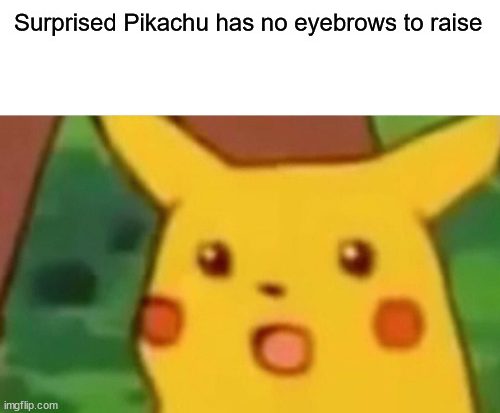
One aspect is social communication. It helps to communicate our emotions to others when operating in society. An individual displaying anger would show disapproval to other members, while an expression of fear would indicate danger. A similar case stands for surprise. We often respond to a surprise by uttering “Oh”, as if to show the other person that we’ve been surprised.
However, it is important to note that these are all hypotheses and we’re still investigating how and why we emote surprise in the way we do. It just happens that Darwin wasn’t right.
A Final Word
Whether a surprise makes you raise your eyebrows or not, it does increase curiosity, as well as the urge to share that surprise. A surprising fact can make you curious about the topic, and by extension, the world around you. Not to mention, surprises are pleasant (for most people) and there is evidence that we seek out surprises because they give us joy.
Alice Walker’s words, “Expect nothing. Live frugally on surprise.” seem like good advice to live by!
References (click to expand)
- Jack, R. E., & Schyns, P. G. (2015, July). The Human Face as a Dynamic Tool for Social Communication. Current Biology. Elsevier BV.
- Reisenzein, R., Horstmann, G., & Schützwohl, A. (2017, September 23). The Cognitive-Evolutionary Model of Surprise: A Review of the Evidence. Topics in Cognitive Science. Wiley.
- Noordewier, M. K., & van Dijk, E. (2018, September 6). Surprise: unfolding of facial expressions. Cognition and Emotion. Informa UK Limited.


